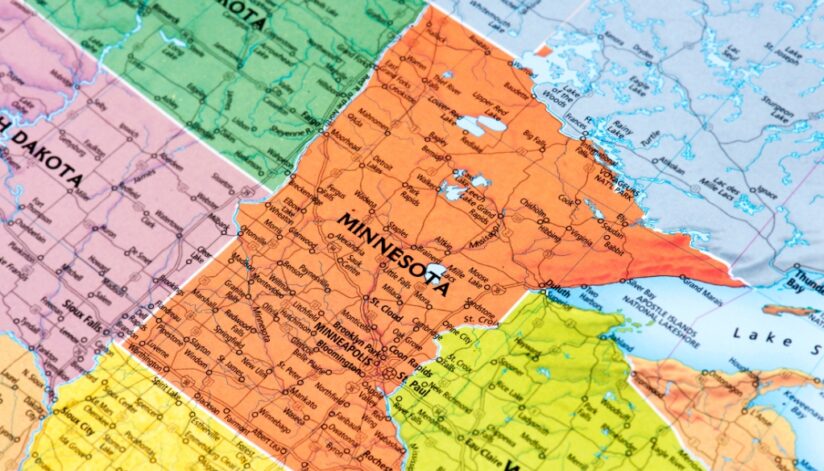Minnesota’s 2024 Legal Landscape: New Laws To Watch Out For
As we enter 2024, Minnesota is set to introduce a range of new laws and legal amendments across various sectors. From business operations to individual rights, these developments signify important changes that residents and professionals in Minnesota need to be aware of. This article highlights some of the key legal updates taking effect in 2024 and explores their potential impacts.
Enhancements In Employment Law
The year 2024 is expected to bring further amendments to employment law in Minnesota. These could include shifts in minimum wage standards, alterations in employee benefits, and updated policies regarding remote work. These changes are pivotal for employers and employees alike, potentially affecting workplace dynamics and employment conditions.
Environmental Regulations And Sustainability Initiatives
New environmental legislation in Minnesota may focus on promoting sustainability and reducing carbon footprints. Potential areas of regulation include emissions control, incentives for green energy, and stricter waste management protocols. Such legislation reflects a growing emphasis on environmental responsibility and sustainable practices.
Data Privacy And Cybersecurity Enhancements
With the digital transformation of businesses, Minnesota might introduce new laws governing data privacy and cybersecurity. These laws are anticipated to set more stringent standards for data collection, storage, and processing, highlighting the increasing importance of cybersecurity in the business world.
Changes In Real Estate And Property Laws
Real estate law in Minnesota may see revisions affecting property taxation, landlord-tenant relationships, and zoning regulations. These legal changes are significant for property owners, real estate developers, and tenants, potentially influencing property transactions and development projects.
Updates In Health Care Legislation
Healthcare laws in Minnesota could undergo modifications, especially in areas such as patient data privacy, insurance coverage, and regulations for healthcare facilities. These reforms are likely to have a substantial impact on healthcare providers and patients, indicating shifts in healthcare policy and administration.
Revisions In Family And Domestic Relations Law
Family law in Minnesota may experience updates that could include new guidelines in child custody arrangements, changes in alimony structures, and revisions in domestic relations statutes. These modifications would significantly affect families and individuals dealing with familial transitions.
Intellectual Property Law Developments
As innovation continues, Minnesota may see new developments in intellectual property law. These could involve changes in copyright, trademark, and patent laws, which are crucial for creators, inventors, and businesses involved in creative and technological fields.
Tax Law Revisions
Potential changes in Minnesota’s tax law could influence both individuals and businesses. Adjustments might be seen in state tax rates, tax credits, and deductions, affecting financial planning and tax obligations.
Transportation And Automotive Regulations
New laws related to transportation, such as electric vehicle regulations and updated traffic safety laws, may be introduced in Minnesota. These regulations are important for vehicle owners, drivers, and businesses involved in transportation, indicating a shift towards more environmentally conscious and safety-focused transportation policies.
Education Policy Changes
The education sector in Minnesota might experience updates in policies related to funding, curriculum standards, and student rights. These changes will be particularly crucial for educational institutions, educators, parents, and students, signaling potential shifts in educational priorities and practices.
Staying Informed And Prepared
As the legal landscape in Minnesota continues to evolve, staying informed about these changes is essential. Whether you’re an individual navigating personal legal matters, a business owner adapting to new regulations, or a professional working in sectors like healthcare or education, understanding these new laws is key to ensuring compliance and making well-informed decisions.
Keeping up with legal updates helps in effectively adapting to new regulations and preparing for potential challenges. It is always advisable to seek personalized advice and consult with legal professionals for specific situations, especially when new laws and regulations could have a direct impact on your personal or professional life.
Disclaimer: This article is for informational purposes only and should not be considered legal advice. For specific guidance regarding new Minnesota laws in 2024, consulting a qualified legal professional is recommended.




